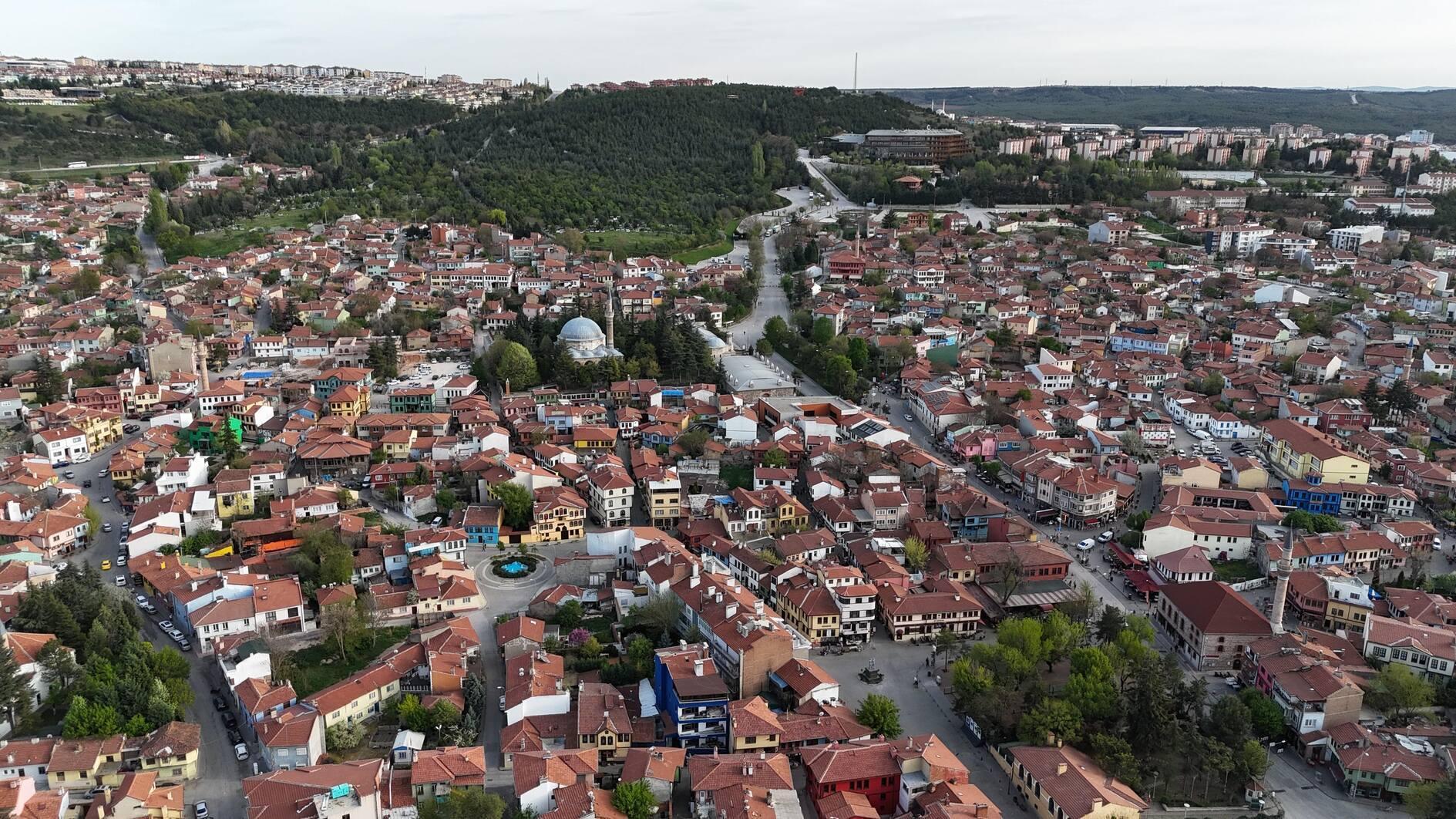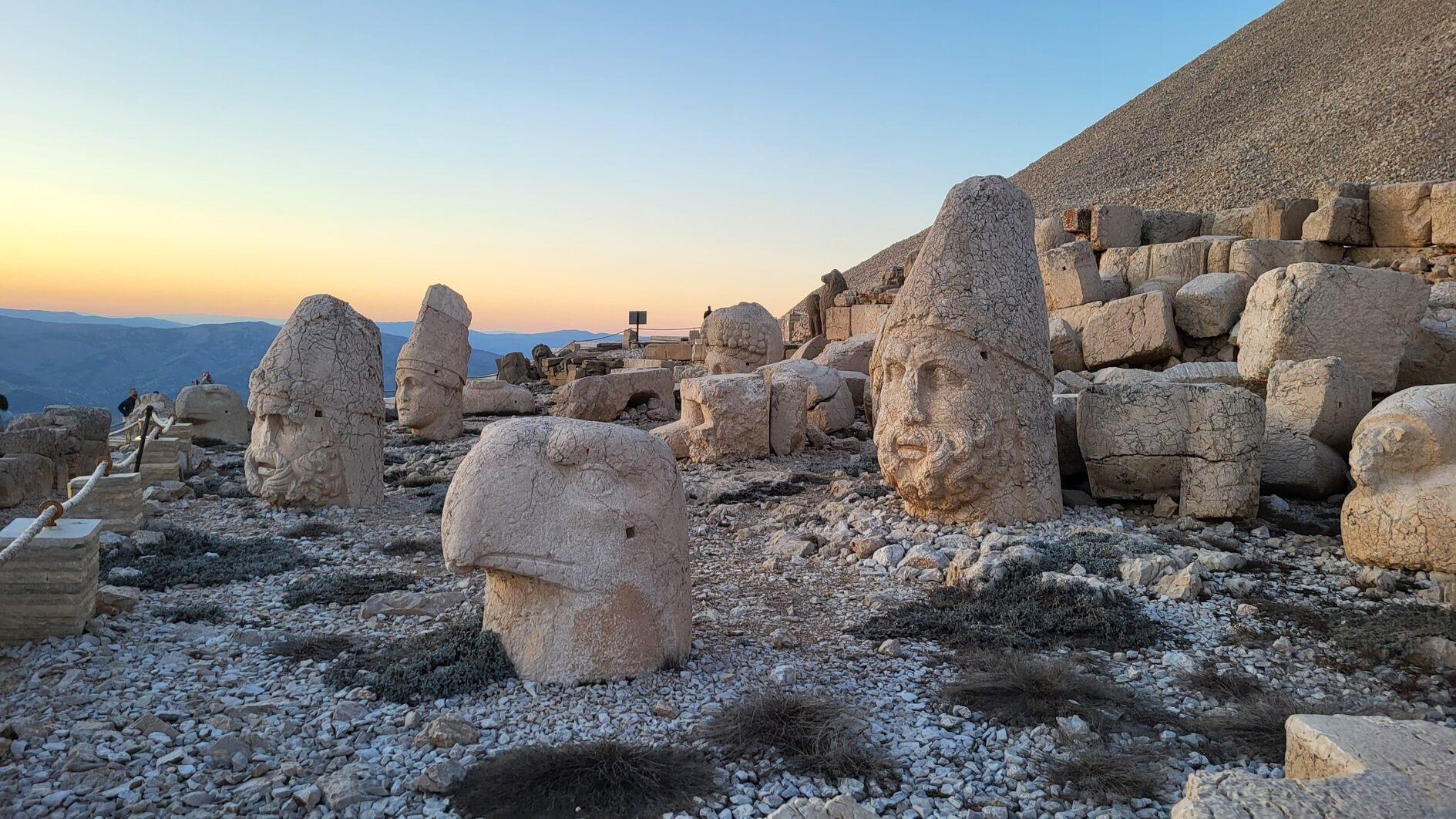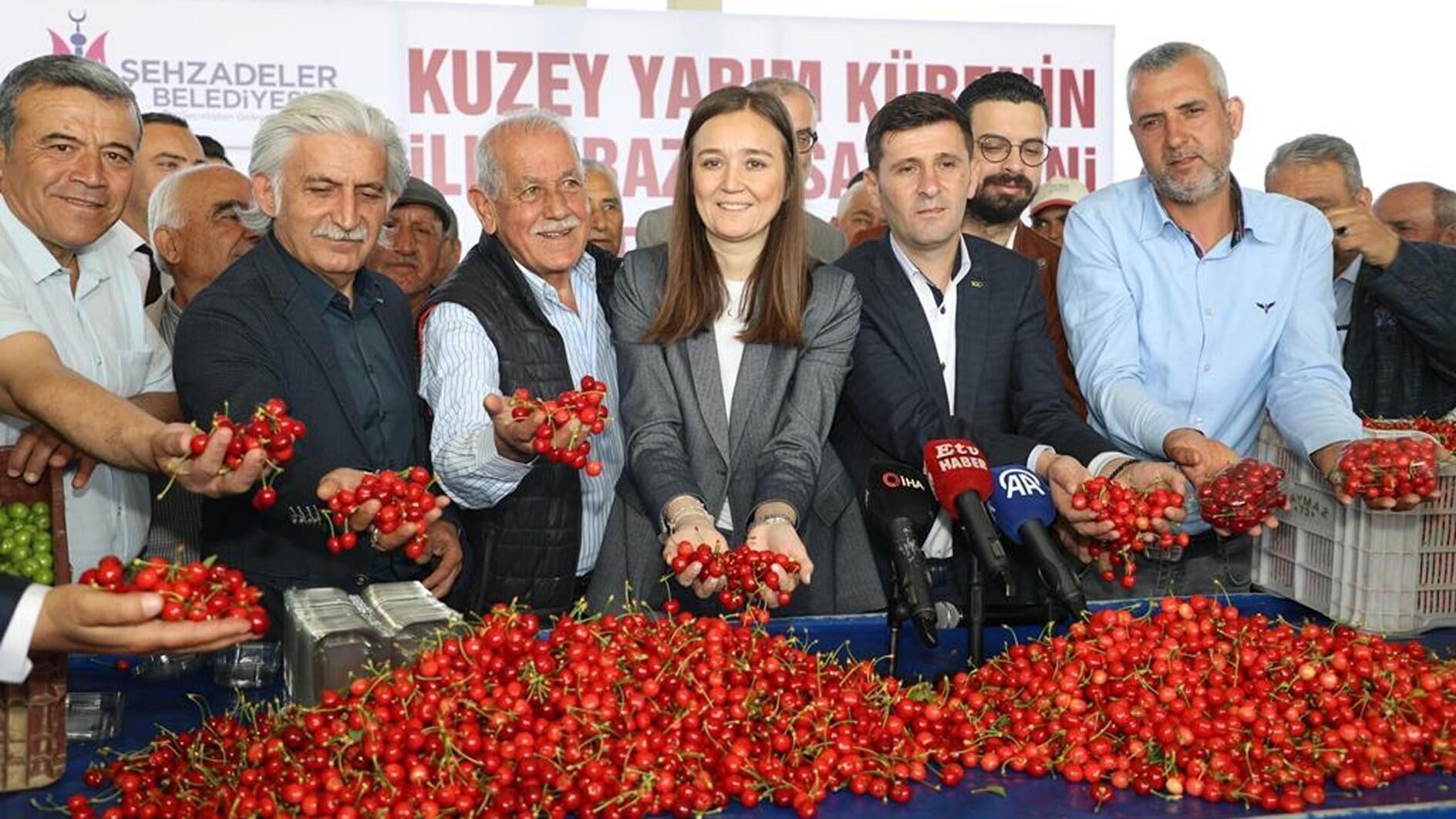The Kurdish movement
The Peoples’ Democratic Party (HDP) is not present in coalition preparation mechanisms. HDP co-chair Selahattin Demirtaş declared at the very beginning that they would not have such a relation with the Justice and Development Party (AKP). Despite this, Prime Minister Ahmet Davutoğlu held the longest meeting at the HDP headquarters, lasting one hour and 58 minutes. Why?
Davutoğlu said, “We cannot disregard a political party that has received 13 percent of the vote.” Isn’t that right? There is a tangible closeness between the Republican People’s Party (CHP) and the HDP. Shouldn’t there be?
Should the AKP and the CHP act like the Nationalist Movement Party (MHP) against the HDP?
One of the prominent names from the AKP, Sadullah Engin, said in a TV interview that a significant portion of conservative Kurdish votes left the AKP for the HDP.
It can be seen that the infamous harsh language of the president was influential in this split, since the HDP conducted an anti-president propaganda to gain votes, and its votes climbed to 13 percent.
After such an election and such a partition, Davutoğlu’s meeting with HDP for one hour, 58 minutes and for him to use a mild language is a correct stance. Davutoğlu criticized the HDP in his statements for not adopting a solid stance against arms. His style was calm and restrained; it was a critique that any average person listening would agree to.
The HDP was also quite a good host. Sırrı Süreyya Önder made a mild follow-up statement.
The importance of a mild tone in politics should not be underestimated; if such a style is settled, then this would also shape attitudes in time.
When we come to the MHP, its ideology is Turkish nationalism. It is consistent with itself in that it has a different attitude than the “conservative” AKP and the “social democrat” CHP.
The AKP and CHP’s stances, on the other hand, are correct in terms of drawing the Kurdish movement inside the political system instead of excluding it.
The totalitarian structure
It is important that the HDP feels like a component of the general political system instead of being excluded and for it to integrate into the democratic system in the long run. However, its attitudes that are incompatible with the soul of democracy and ones that do not oppose violence should be criticized for the same reasons.
It is not even enough to only criticize violent acts. It is also one of the requirements of being a democrat to criticize the totalitarian ideology that they themselves call “communal democracy,” one which does not have anything to do the Western-type democracy we know, and that this totalitarian ideology is being conducted in the region by the Kurdistan Communities Union (KCK), a supra organization of Kurdish groups that includes the outlawed Kurdistan Workers’ Party (PKK).
Lawyer Aysel Tuğluk was able to explain this totalitarian structure in the Kurdish movement with these words: “Becoming stereotyped, having no horizon, the tendency for oppression and violence, a totalitarian attitude from time to time and the sickness of populism: in all these aspects, we face the challenge to prove our maturity once again as Kurdish politicians. These words of mine are self-criticisms for all of us.” (Sept. 6, 2014.)
Such a totalitarian structure and the weapons it holds are absolutely impossible to accommodate within a democracy.
Selahattin Demirtaş, as a result of constant calls and upon journalist Fatih Altaylı’s question, made a call to KCK to leave arms with these words: “The PKK should definitely lay down arms against Turkey. But my call is not a final one. It is Öcalan’s role that is definitive.”
Of course Abdullah Öcalan is the most decisive person in the Kurdish movement. However, the call to lay down arms cannot be just mentioned once before moving on. If the HDP adopts it as a policy, then the organization would be affected by it.
With a “liberal left” discourse, the HDP was able to gain 13 percent of the votes during the election; it should be able have a political identity independent of the organization. Instead of just mentioning it and leaving it at that, the HDP should adopt it as its main policy that the PKK lays down arms in Turkey and should conduct it like a campaign. Voters demand this from the HDP. When weapons are off the table, then a solution will be facilitated.











